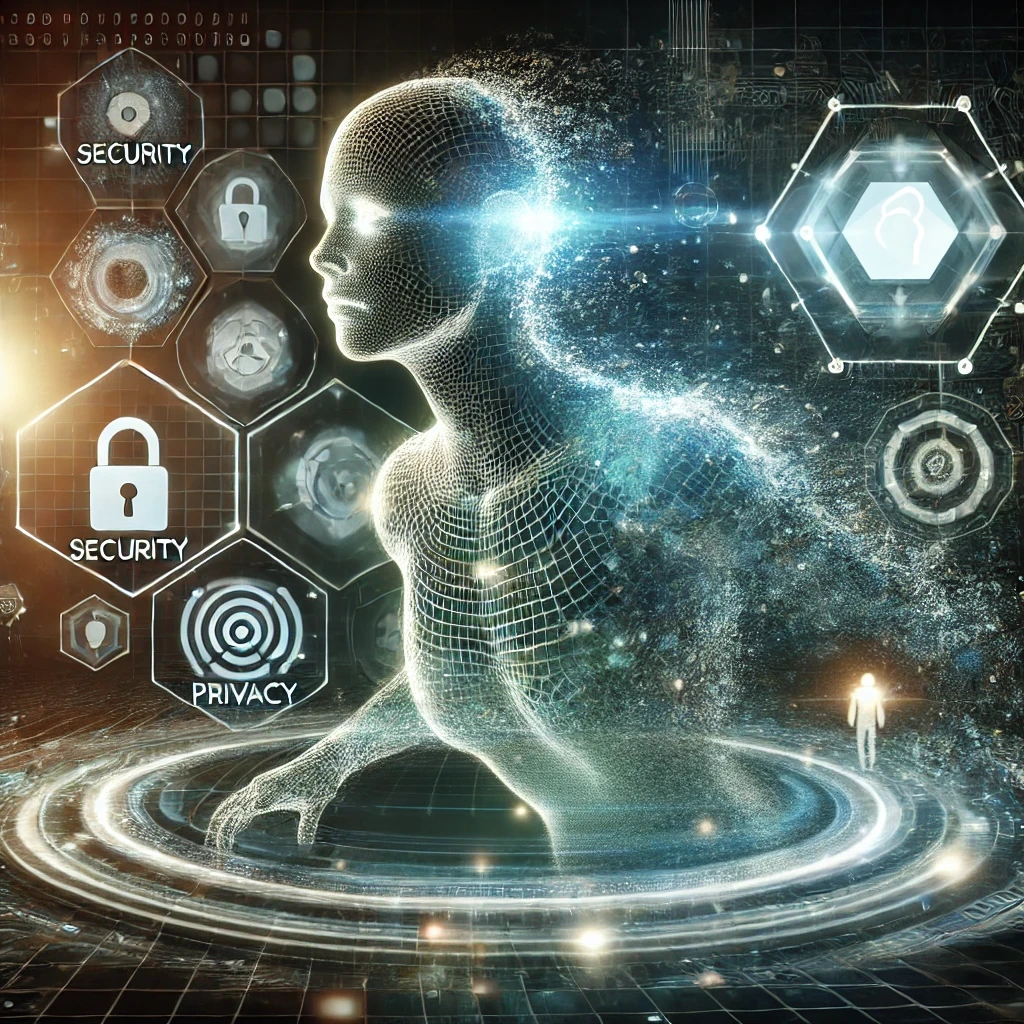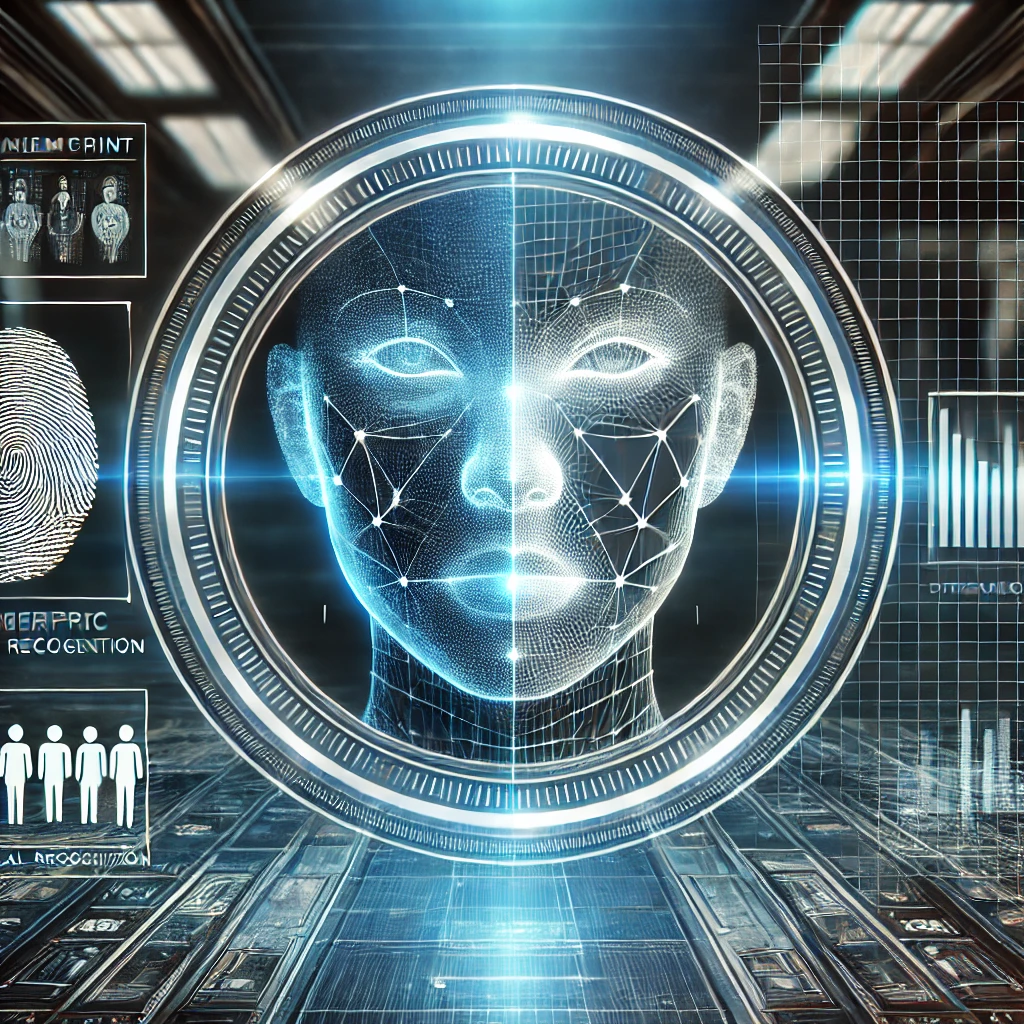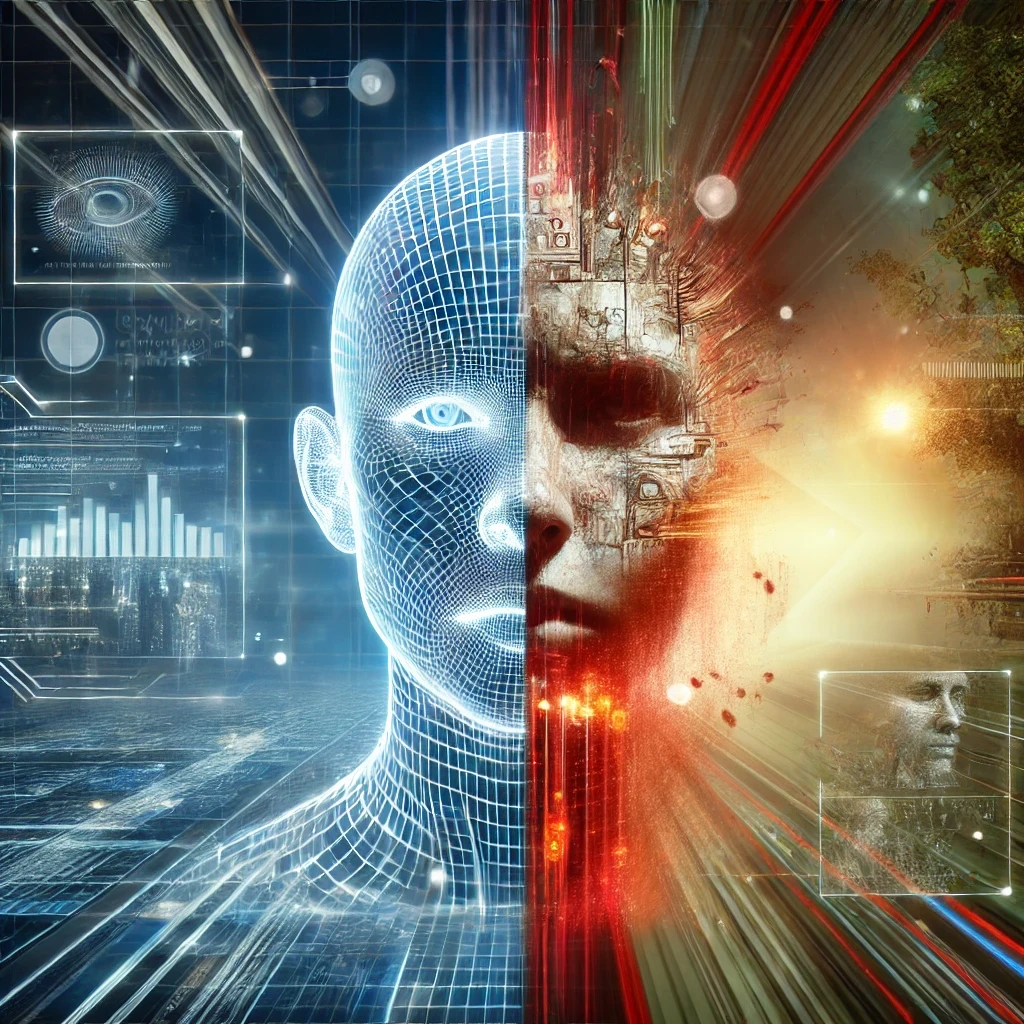· iWork Technologies Team · Thought Leadership · 5 min read
The Identity Conundrum
Navigating the complexities of identity in a digital age requires balancing authenticity with security, personal freedom with privacy, and individuality with conformity.

Navigating Personal and Digital Identities in a Complex World
In today’s interconnected world, the concept of identity has evolved into a multifaceted conundrum. Personal identity, once grounded in community, culture, and tradition, is increasingly influenced by technology, social media, and global connectivity. At the same time, the rise of digital identities—used for everything from logging into social media platforms to verifying identities in online banking—presents new layers of complexity, challenges, and risks. This article delves into the conundrum of identity, exploring both personal and digital aspects and their implications for individuals and society at large.
Personal Identity: Fluid and Fragmented
Personal identity has always been complex, shaped by factors such as upbringing, culture, education, and personal experiences. Historically, individuals could build their identities in relatively stable environments, with communities often providing a framework that helped people define themselves.
However, in a globalized, digital world, the nature of personal identity has become more fluid and fragmented. Social media platforms, where individuals carefully curate their personas, create multiple identities across different contexts. On Instagram, someone might present a highly polished version of themselves, whereas on LinkedIn, they might emphasize professionalism. This multiplicity of identities can be empowering, but it can also lead to internal conflict as people struggle to reconcile the different versions of themselves.
Furthermore, societal pressures to conform to specific roles and expectations can exacerbate this identity fragmentation. In professional environments, individuals might feel the need to adapt their personalities, suppressing certain aspects of themselves to fit in. The increasing diversity in how we communicate and present ourselves adds another dimension to the identity conundrum: How do we maintain authenticity in a world that rewards performance?
The Digital Identity Paradox
Parallel to personal identity, the concept of digital identity has taken on significant importance. Digital identity refers to the set of credentials and data associated with an individual that allows them to interact with various systems and services online. This can include everything from a username and password to more sophisticated methods like biometric verification and digital signatures.
The rise of digital identity has brought undeniable benefits. It makes accessing services more efficient and secure. With digital identities, individuals can easily interact with government systems, banks, and e-commerce platforms. However, the reliance on digital identity also raises critical challenges.
One of the main concerns is privacy. As more of our activities and interactions move online, individuals are often forced to share vast amounts of personal information. This data is collected by numerous organizations, creating the risk of data breaches, surveillance, and misuse. Who controls this data, and how is it used? These questions become central to the digital identity debate.
Another issue is the threat of identity theft. Digital identities are increasingly targeted by hackers and cybercriminals. A single breach of an individual’s digital identity can lead to severe financial and reputational damage. While advanced security measures such as two-factor authentication and biometric verification are being adopted, no system is entirely foolproof.
Additionally, digital identity verification methods such as facial recognition and fingerprints introduce new ethical dilemmas. In regions with weak data protection laws, this sensitive biometric information can be exploited or stored without consent, putting individual rights at risk.
The Role of Governments and Corporations
Governments and corporations play a crucial role in shaping how digital identity is created, managed, and protected. In some countries, governments are developing comprehensive digital identity systems to streamline public services and improve security. For instance, India’s Aadhaar system links a unique identification number to individuals’ biometric and demographic data, enabling access to various services. However, these systems also raise concerns about mass surveillance and the potential for government overreach.
Corporations, particularly tech companies, are also heavily involved in digital identity management. Companies like Google, Facebook, and Apple offer digital identity services that allow users to log into multiple platforms with a single sign-on. While convenient, these services give corporations unprecedented control over personal data, creating what some critics describe as a monopoly over digital identity.
Navigating the Identity Conundrum
Given the challenges surrounding personal and digital identities, individuals and institutions alike must navigate this complex terrain carefully. There are several strategies that can help:
- Prioritize privacy and security: Individuals should take proactive steps to protect their digital identities, such as using strong, unique passwords, enabling multi-factor authentication, and being mindful of the personal information they share online. Additionally, advocating for robust data protection laws and supporting companies that prioritize user privacy can help.
- Authenticity and mental health: In a world where identity is often performed and fragmented, finding authenticity is crucial. This may involve setting boundaries between personal and professional personas or curating online identities in ways that reflect true values and beliefs. Mindfulness about one’s digital presence can help avoid the negative effects of comparison culture, which often leads to identity anxiety and stress.
- Hold institutions accountable: Governments and corporations must be responsible for collecting, managing, and protecting personal and digital identity information. Supporting policies emphasizing data protection, transparency, and ethical use of technology is key to ensuring that the future of identity respects individual rights.
Conclusion
The identity conundrum in the 21st century encompasses both personal and digital dimensions. As individuals navigate the complexities of building and maintaining their personal identities, they are also grappling with the increasing reliance on digital systems for identity verification. Balancing authenticity with security, personal freedom with privacy, and individuality with conformity has never been more challenging. By understanding these complexities and taking proactive steps, both individuals and institutions can contribute to a world where identity is respected, protected, and authentically expressed.



